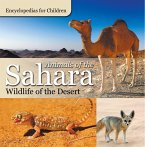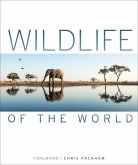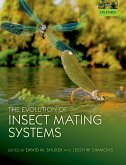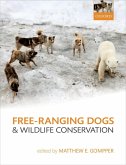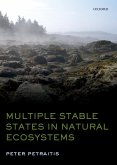This book offers a concise but comprehensive introduction to desert ecology and adopts a strong evolutionary focus. As with other titles in the Biology of Habitats Series, the emphasis in the book is on the organisms that dominate this harsh environment, although theoretical and experimental aspects are also discussed. In this updated second edition, there is a greater focus on the effects of climate change and some of its likely effects on deserts, seeing desertification as among the most serious results of climate change, leading ultimately to the increasing size of arid and semi-arid regions. The Biology of Deserts Second Edition includes a wide range of ecological and evolutionary issues including morphological and physiological adaptations of desert plants and animals, species interactions, the importance of predation and parasitism, food webs, biodiversity, and conservation. It features a balance of plant and animal (both invertebrate and vertebrate) examples, and also emphasizes topical applied issues such as desertification and invasive species. The book concludes by considering the positive aspects of desert conservation. This accessible textbook is intended for senior undergraduate and graduate students, as well as professional ecologists, conservation practitioners, and resource managers working in the field of desert ecology.
Dieser Download kann aus rechtlichen Gründen nur mit Rechnungsadresse in A, B, BG, CY, CZ, D, DK, EW, E, FIN, F, GR, HR, H, IRL, I, LT, L, LR, M, NL, PL, P, R, S, SLO, SK ausgeliefert werden.



